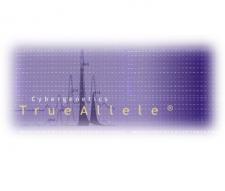Aggregated News

Late on a hot August night in 2014, Syracuse, New York, police tried to pull over a car driving without headlights. The driver and passenger fled into a darkened park. As the officers chased them on foot, they said they heard a gunshot. The cops never caught the suspects, but recovered a loaded handgun.
The police connected the abandoned car to its owner, and arrested him, but could not tie him to the handgun without a DNA match. The mixture of DNA on the handgun was too complicated for forensic scientists to analyze with conventional methods, a representative from the Onondaga County crime lab later testified. There were at least four people’s DNA present and possibly five or six.
So the District Attorney’s office outsourced the analysis to Cybergenetics, a private company that makes TrueAllele, a “probabilistic genotyping” software program. Where traditional DNA analysis involves manually and visually interpreting DNA markers, TrueAllele runs DNA data through complex statistical algorithms to calculate the likelihood that a particular person’s DNA is present in a mixture, compared to a random person’s DNA.
Developers...



